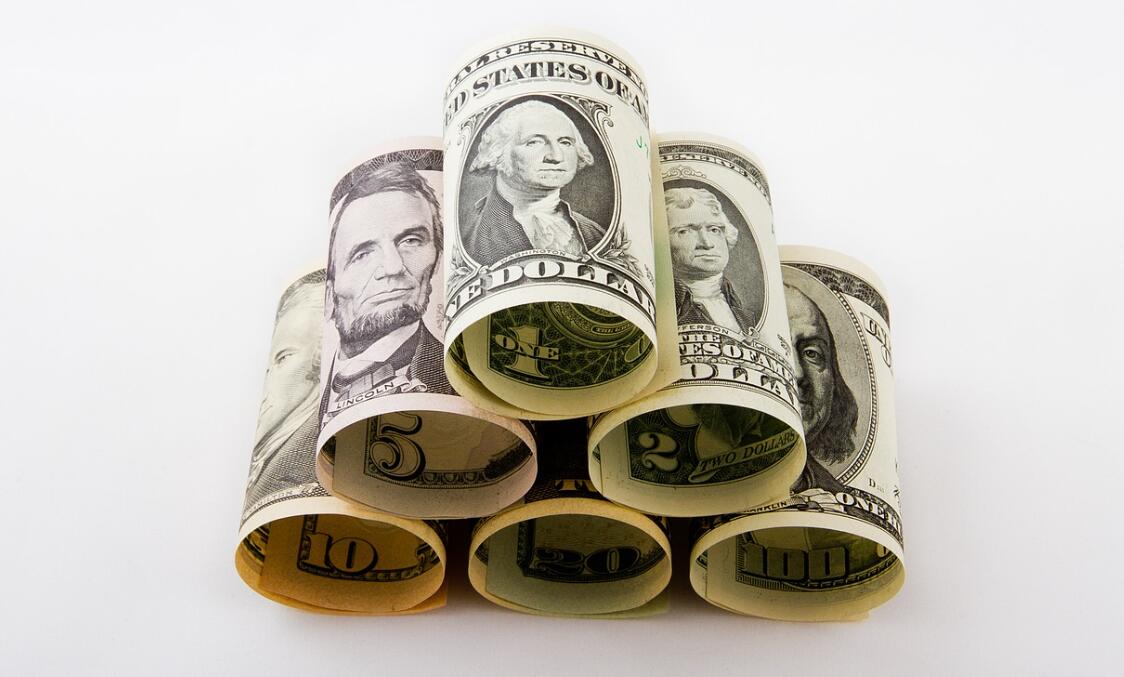Introduction: In a historic turn of events, the United States has reached a significant milestone in its financial landscape as credit card debt soars to an unprecedented $1 trillion. This article aims to dissect the factors contributing to this record-breaking figure, shedding light on the implications for individual consumers and the broader economy.
Section 1: The Magnitude of the Milestone
Breaking the Trillion-Dollar Barrier: An exploration of the significance of surpassing the $1 trillion mark in credit card debt, highlighting the scale of financial transactions and obligations.
Historical Context: Providing a brief overview of the historical trajectory of credit card debt in the United States and how it has evolved over time.
Section 2: Factors Driving the Surge in Credit Card Debt
Economic Recovery and Spending Habits: Analyzing how the post-pandemic economic recovery has influenced consumer spending patterns, contributing to the surge in credit card debt.
Inflationary Pressures: Examining the impact of rising inflation on the cost of living and how it has translated into increased reliance on credit for daily expenses.
Section 3: Individual Financial Challenges
Balance Transfer Boom: Discussing the prevalence of balance transfers as consumers seek relief from high-interest rates, with insights into the potential consequences.
Pandemic Legacy: Exploring the lasting financial repercussions of the COVID-19 pandemic and how it continues to shape borrowing behaviors.
Section 4: Navigating the Path Forward
Financial Literacy and Education: Addressing the importance of financial literacy in empowering consumers to make informed decisions and manage their credit responsibly.
Debt Repayment Strategies: Providing practical tips and strategies for individuals looking to navigate the path toward debt repayment and financial stability.
Conclusion: As the nation crosses the $1 trillion threshold in credit card debt, individuals face a crucial juncture in their financial journey. Navigating this landscape requires a nuanced understanding of economic forces, disciplined financial management, and a commitment to financial education. By embracing responsible financial practices, consumers can better position themselves to weather economic uncertainties and build a more secure financial future.


